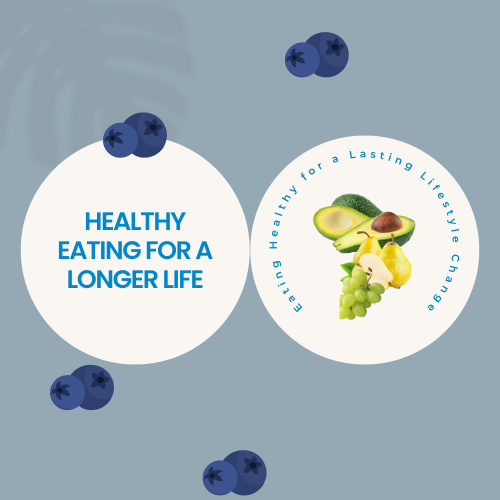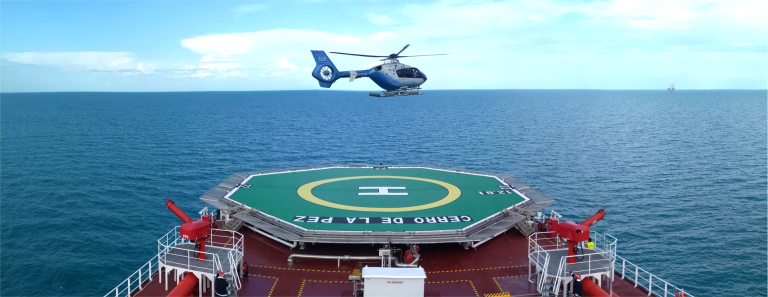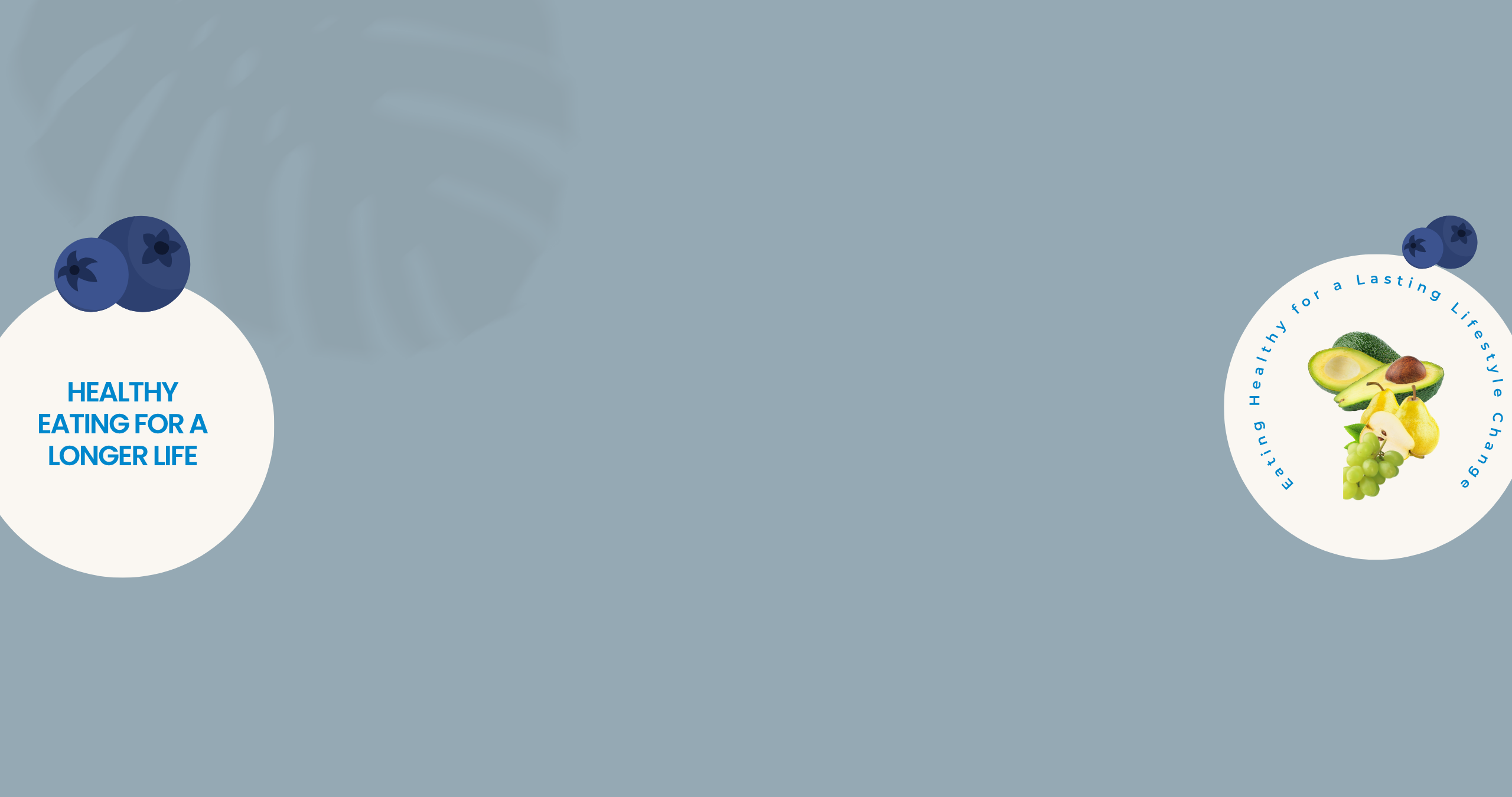Everyday Health at Sea: Small Habits, Big Impact
⚓ The Challenges We Face Onboard
Maintaining good health at sea isn’t always easy—but it’s more important than ever. Long contracts, unpredictable schedules, and limited access to fresh food or fitness facilities can make it difficult to stay on track. According to the ILO , lifestyle-related conditions such as obesity and metabolic disorders are becoming increasingly common among seafarers, often due to poor diet and low physical activity.
But here’s the good news: staying healthy doesn’t require perfection. With a few small, consistent habits- like eating more mindfully, staying active in creative ways, and staying hydrated – you can support your energy, focus, and long-term wellbeing, no matter where you are in the world.

1. Nutrition: Fueling Your Body Wisely
Food is your fuel, especially when you’re working long hours in a physically demanding environment. But shipboard meals can be heavy, repetitive, and high in calories. Here’s how to make smarter choices:
- Watch portion sizes- especially with rice, bread, and fried foods
- Prioritize protein and fiber: eggs, fish, beans, and vegetables help you feel full longer
- Limit sugary drinks and snacks: they spike energy briefly, then leave you drained
- Don’t skip meals: it often leads to overeating later
Even small swaps-like choosing water over soda or adding a side of greens—can make a big impact over time.
2. Staying Active: Movement That Fits Your Routine
You don’t need a gym to stay active at sea—though if your vessel has one, that’s a great bonus. What matters most is consistency and finding ways to move throughout the day.
If your ship has a gym:
- Aim for 20–30 minutes of cardio or strength training 4–5 times a week
- Focus on functional movements: squats, push-ups, rowing, or cycling
No gym? No problem:
- Walk laps on deck during breaks
- Use stairs instead of lifts
- Do bodyweight exercises in your cabin: planks, lunges, jumping jacks
- Set a daily step goal – even 5,000–7,000 steps a day can support weight management and cardiovascular health
Movement doesn’t have to be intense – it just needs to be regular.
3. Mindful Eating: Awareness Over Restriction
Mindful eating means paying attention to what, when, and why you eat. It helps prevent overeating and emotional snacking – both common on long voyages.
- Eat slowly and without distractions when possible
- Recognize hunger vs. boredom: keep healthy snacks nearby for real hunger
- Avoid eating straight from packages—portion out your food
- Keep a food journal for a few days to spot patterns
This isn’t about guilt – it’s about awareness. The more in tune you are with your habits, the easier it is to adjust them.
4. Hydration: The Overlooked Ally
Staying hydrated supports digestion, energy levels, and appetite control. Dehydration can often feel like hunger, leading to unnecessary snacking.
- Aim for 2–3 liters of water daily, more if you’re sweating or working in hot conditions
- Limit sugary drinks and caffeine, which can dehydrate you
- Carry a refillable bottle to track your intake
Hydration is one of the simplest, most effective tools for managing weight—and it’s often overlooked.
What’s One Habit You Can Start Today?
Managing weight at sea isn’t about perfection – it’s about progress. Whether it’s choosing water over soda, walking a few extra laps on deck, or slowing down at mealtime, every small step counts. So ask yourself: What’s one habit I can start today that my future self will thank me for?


